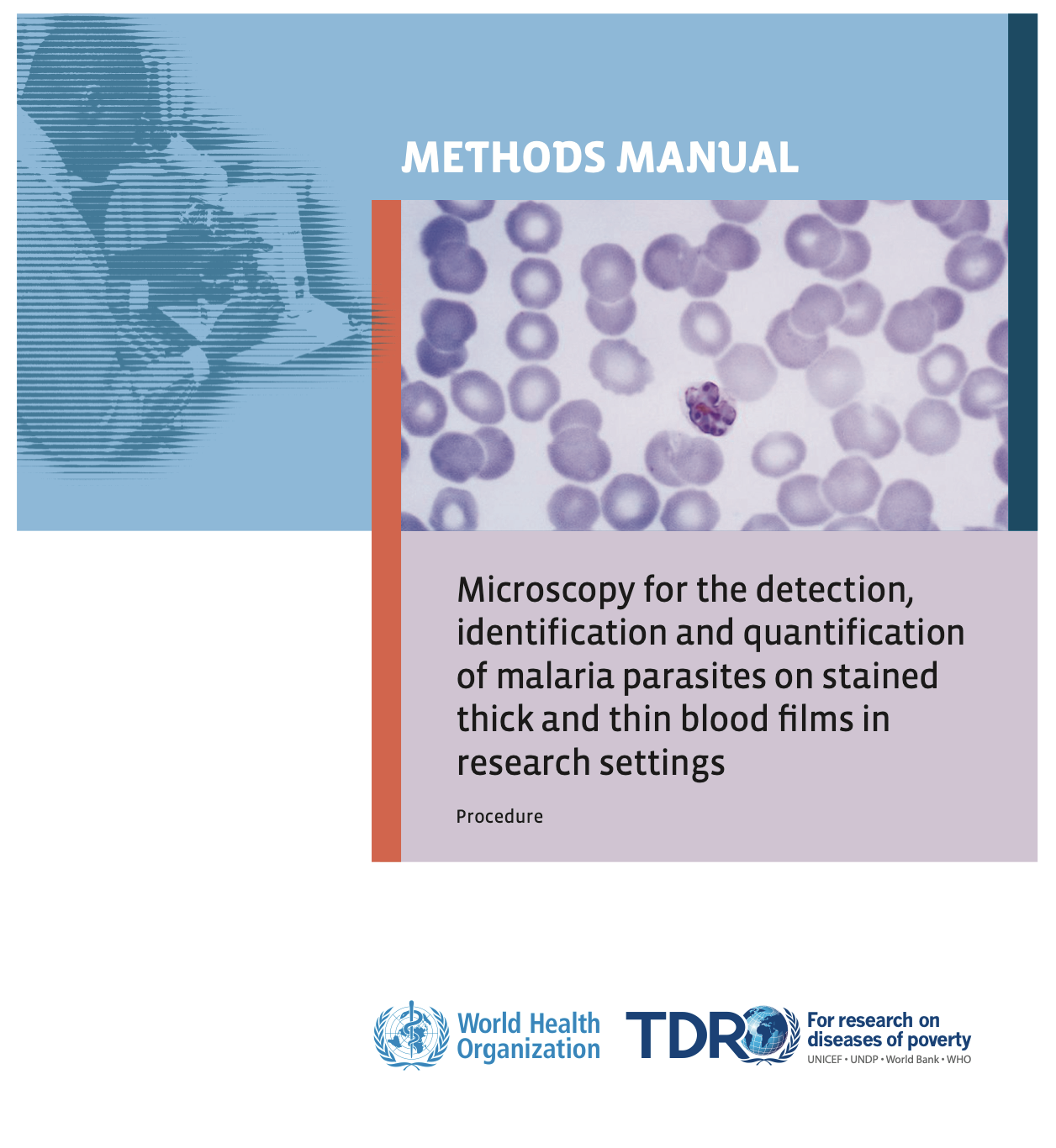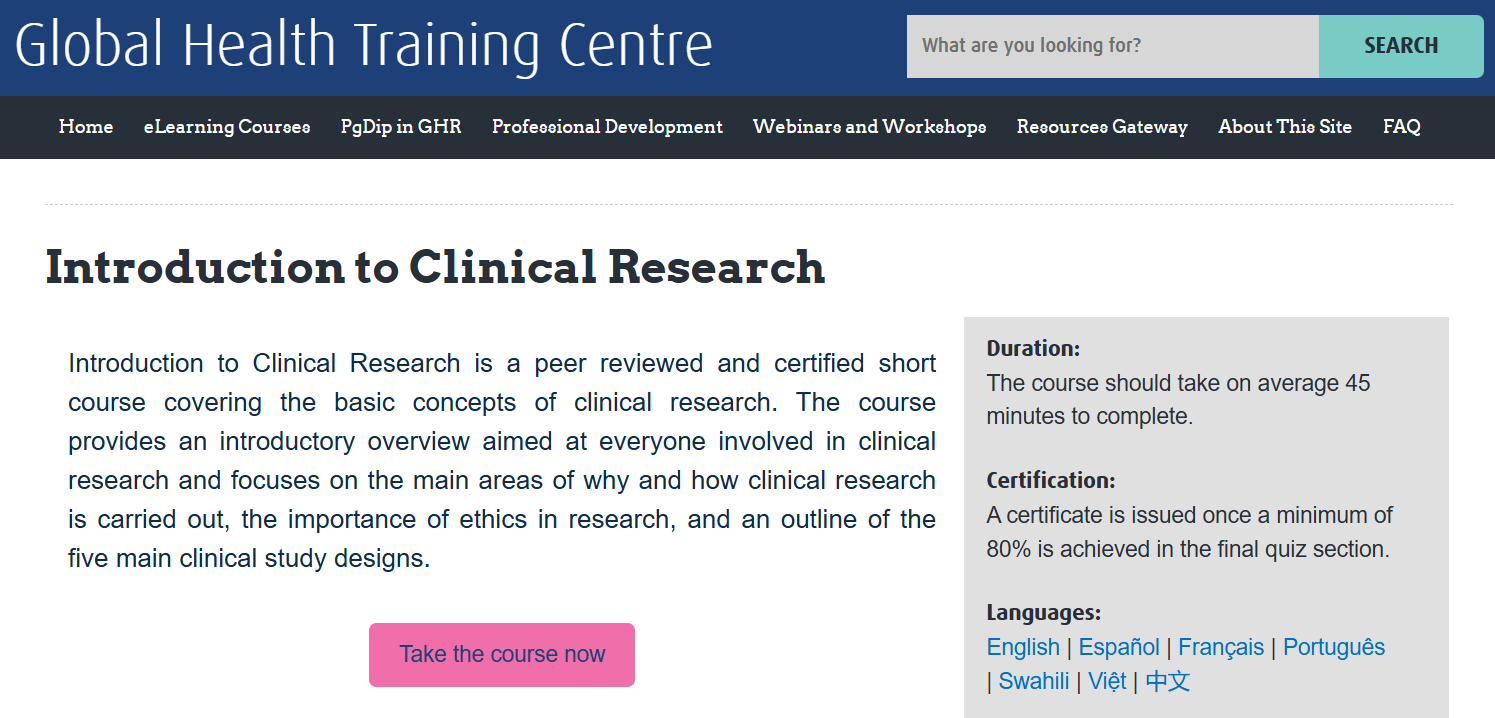Last Updated: 01/09/2025
NIHR Global Health Research Group on genomic surveillance of malaria in West Africa at the Wellcome Trust Sanger Institute – Phase I
Objectives
This is Phase I and has as a main objective to establish amplicon sequencing facilities in Ghana and The Gambia.
This objective is divided in two:
- To establish laboratory and computational systems for genomic surveillance of malaria at the University of Ghana in Accra and the MRC Unit in The Gambia.
- To learn how to translate genomic data into actionable knowledge, e.g. by providing early warning of newly emerging resistance, and by showing how specific interventions are causing levels of resistance to rise or fall.
By the end of this project, sufficient proof of concept to start integrating these systems into the routine working practices of National Malaria Control Programs (NMCPs) in Ghana and The Gambia, and to provide a working example of how such systems could be deployed at other locations in Africa will have been gathered.
Malaria is a major cause of childhood mortality and socioeconomic disruption in Africa. Malaria control efforts have been ramped up over the past 15 years and this has made a significant impact, e.g. it has halved the number of deaths due to malaria. However there is a serious risk that these gains could be reversed in the foreseeable future, because Plasmodium parasites (that cause malaria) and Anopheles mosquitoes (that transmit the parasites from one person to another) are becoming increasingly resistant to malaria control interventions.
In West Africa, the most immediate concern is the rise in Anopheles resistance to the insecticides that are used to treat bednets and to spray the insides of houses, which are absolutely crucial for sustainable malaria control in this region. There is also worldwide concern about a new form of Plasmodium resistance to the first line antimalarial drug (artemisinin combination therapy or ACT) that is rapidly speading across Southeast Asia, and while there is no evidence that this has yet spread to West Africa, it is an incipient threat particularly in northern parts of the region where the ecological conditions are ripe for resistance to take root. It is essential that national malaria control programmes (NMCPs) have effective tools to monitor resistance, both to know what are the best drugs and insecticides to use, and also to provide early warning that their interventions are causing resistance to rise to dangerous levels, indicating the need for a change in strategy. However current methods of monitoring drug and insecticide resistance are cumbersome, time consuming and not always accurate.
Over the past few years there have been major technical advances in genome sequencing as a surveillance tool for antimicrobial resistance in other infectious diseases, and this is rapidly becoming the standard method used in UK public health labs. There are many technical challenges in getting this to work for malaria parasites and mosquitoes, but now there is proof of concept in the UK research lab and it is time to start putting these systems in place in Africa. Laboratory and computational systems will be established for genomic surveillance of malaria at the University of Ghana in Accra and the MRC Unit in The Gambia. These two sites have been selected because of their excellent laboratory infrastructure, their critical mass of scientific expertise, their strong links with NMCPs, and the many different challenges for malaria control in the two locations. Once the technical systems are in place, the work will begin with local partners to optimise the pipeline for reliability, scalability and cost-effectiveness, and to learn how to integrate it most effectively into NMCP operations.
Apr 2018 — Oct 2022
$2.8M


